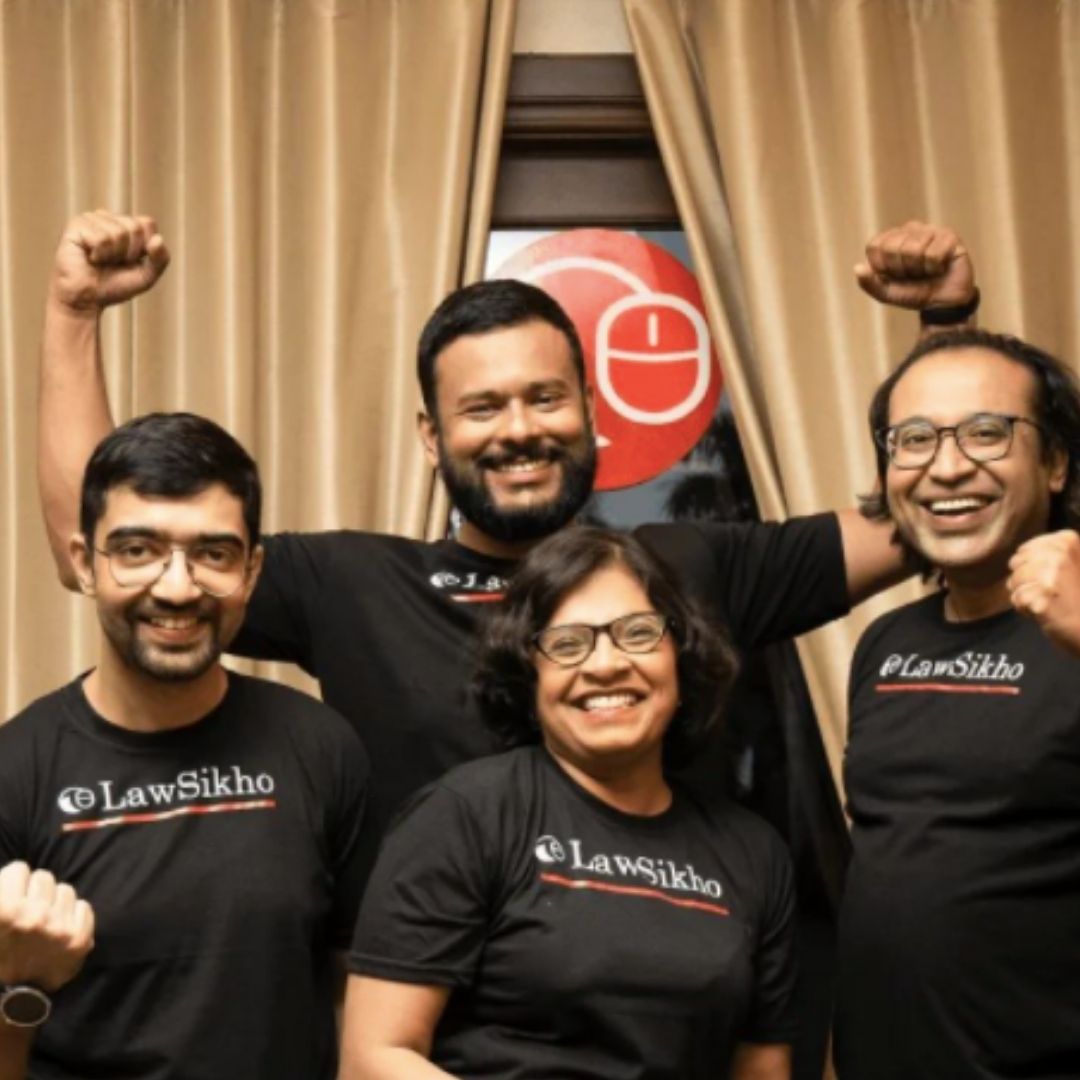
Image Credits: Instagram (From The Source)
Lawyer Team Creates 'RTI Cell' To Make Legal Resources Easily Accessible To Public
India, 6 Feb 2022 10:35 AM GMT
Editor : Shiva Chaudhary |
A post-graduate in Journalism and Mass Communication with relevant skills, specialising in content editing & writing. I believe in the precise dissemination of information based on facts to the public.
Creatives : Akanksha Saxena
I am a budding journalist who loves to write stories that have the ability to connect with people.
Led by Lawyer-turned-Edtech Entrepreneur named Ramanuj Mukherjee, the vertical works under a startup called 'LawSikho', which aims to help people understand their legal rights and ask effective questions to the public authorities.
India is a democratic country where the government is 'of the people, for the people and by the people.' In order for it to function appropriately, checks and balances are necessary to facilitate the same.
As the government is directly responsible to the public, the latter has the right to question its efficacy. One of the ways to do so is the Right to Information Act that was passed in 2005. The legislation empowers the Indian citizens to request necessary information from a public authority, and it should be answered within 48 hours.
However, the process has its limitations. While filing the complaint is relatively simple, the aftermath is headache-inducing. From public authority's laxity to pending cases, it can frustrate the public.
Another issue is its accessibility. Not many may be aware of the methods involved. In light of this, a team of lawyers has taken it upon themselves to make legal resources readily available and raise awareness about public rights.
The RTI Cell
A lawyer turned entrepreneur named Ramanuj Mukherjee created a budding startup called 'LawSikho'. Under this, the RTI Cell began in March 2021 to make the otherwise tedious procedure easier for the public.
In conversation with The Logical Indian, Mukherjee says, "We specifically established the RTI Cell because of how daunting the process of filing one can be. We hope that we can help people not be as intimidated by the process, which will, in turn, lead to more RTIs being filed over time."
Neeraj Salodkar heads the Cell and a team of lawyers and law students. The website will be launched soon. "We have deliberately chosen Instagram as a medium of communication as most millennials are on there and can directly contact us," Ramanuj Mukherjee states.
'Eternal Vigilance Is The Price Of Democracy'
From filing the RTI to consultation, the group is doing it free of cost. Some of their resources include legal articles about RTI, news updates, landmark judgments, and other similar incentives. The applicant will provide the details to the team, after which the RTI will be filed. Once they get a response, they will be informed about the next step.
The team aims to disseminate information about the Act to youngsters in the most millennial way possible. "We also plan to launch a course on the Act. It would be offered at a minimal cost so that more people join it and master their skills under the Act as mentioned above," Mukherjee continues the conversation with The Logical Indian.
Since its launch, the Cell has done a remarkable job taking the law to the people. "We have filed more than 500 RTI applications in various areas like human and animal rights, environment, information technology and the like," Mukherjee lays down the achievements. Further, the team plans to use various RTIs to file petitions in the Supreme Court and High Court. He adds, "We have done a research paper on judiciary's vacation culture and digital infrastructure regarding the Act."
Overall, the RTI Cell's eventual goal is to make people aware of their legal rights. Ramanuj Mukherjee concludes, "We hope that our efforts are fruitful and more and more people become aware of their right to information. Our final goal is to make citizens aware of their rights, question the government, keep them on its toes and develop an army of awakened citizens who cherish and uphold the values of democracy."
Also Read: Tribal Communities Complain Of Lesser Allocation, Improper Utilisation Of Funds
 All section
All section














